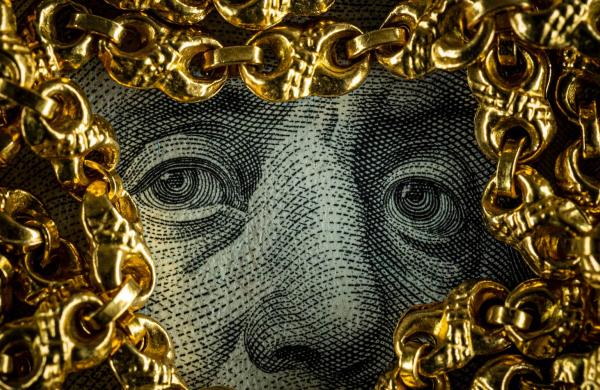The Blackstone Group acquired control of Graham Packaging Holdings Co. back in 1998 as part of a $997 million leveraged buyout of the company. The private equity giant invested $208 million of equity and eventually acquired 79 percent of the York, Pennsylvania, company, which makes containers for such major consumer products as H.J. Heinz Co.’s ketchup and Procter & Gamble Co.’s Pantene shampoo. Ten years is an unusually long holding period for a private equity investment; Blackstone shelved plans for an initial public offering of Graham in 2004, and subsequent approaches by suitors went nowhere, according to Blackstone senior managing director Chinh Chu.
In July, Texas deal maker Tom Hicks caught Blackstone’s attention with a different sort of proposal: He offered to take Graham public in a $3.2 billion deal with his Hicks Acquisition Co., a special purpose acquisition company, or SPAC. A SPAC raises money in an IPO on the strength of its manager’s reputation, because investors have no inkling about acquisitions the SPAC will make down the road. Hicks, the 62-year-old billionaire who owns Major League Baseball’s Texas Rangers, has such star power. He was a co-founder of Hicks & Haas, a firm famous for its buyouts of Dr Pepper and Seven Up Co. in the 1980s. In October 2007 he raised $552 million when he took his SPAC public.
It’s all but impossible now for private equity firms to launch an IPO. The seven financial-sponsor-backed IPOs that made it to market this year as of August 5 raised $2.4 billion, according to financial research firm Dealogic. That’s down from 57 sponsor-backed IPOs that raised $13.2 billion during the comparable period of 2007. There were 109 exits through strategic sales to, and secondary buyouts by, other financial sponsors through early August. They raised $59.5 billion. That’s down from 194 such exits, worth $104.1 billion, a year earlier.
The Graham deal, which will go to a vote by Hicks Acquisition’s public shareholders later this year, shows how some private equity firms are finding creative ways to sell assets amid the ongoing crisis in the capital markets.
Hicks and Blackstone used the SPAC structure to strike a clever and mutually advantageous deal. Under the terms of the agreement, Blackstone and its equity partners will reduce their share of Graham to 29 percent, unloading a large part of their investment. Yet Blackstone will remain Graham’s biggest individual shareholder. That means the transaction won’t trigger covenants with lenders that could lead to potentially costly change-of-control provisions. Neither Blackstone nor Hicks would say exactly what those covenants entail, but at a time of rising rates and tighter credit terms, they are bound to be disadvantageous.
Assuming that all warrants and options are exercised, Hicks will emerge from the deal personally controlling 15 percent of Graham; Hicks Acquisition’s public shareholders will own 56 percent.
Hicks believes there is potential to create lots of value at Graham. Last year the company had $2.5 billion in sales and earned $440 million before interest, taxes, depreciation and amortization. It expects to grow its top line 3 to 5 percent annually. “We view this as a way to continue growing the company,” says Hicks.
The transaction does not delight everyone. On a conference call after the announcement, an investor complained that bondholders were “screwed” because of the way the covenants were avoided.
Approval by Hicks Acquisition’s public shareholders can’t be taken for granted. Hedge funds such as Fir Tree Partners, a New York–based firm that owns 8.9 percent of Hicks Acquisition, have been causing problems for SPACs by opposing recent deals. Only 11 of the 25 SPAC deals that went to a vote this year have been approved, according to New York–based financial services firm Legend Merchant Group. By contrast, investors approved all but three of the 29 that were voted on last year. Blackstone’s Chu says he has analyzed the situation and is “sufficiently comfortable” with the risk. Blackstone and Hicks could try to appease a fund that stands in its way by offering to buy its shares at a premium. At a time when private equity exits are so tough, that may be an unavoidable toll on the road to liquidity.






